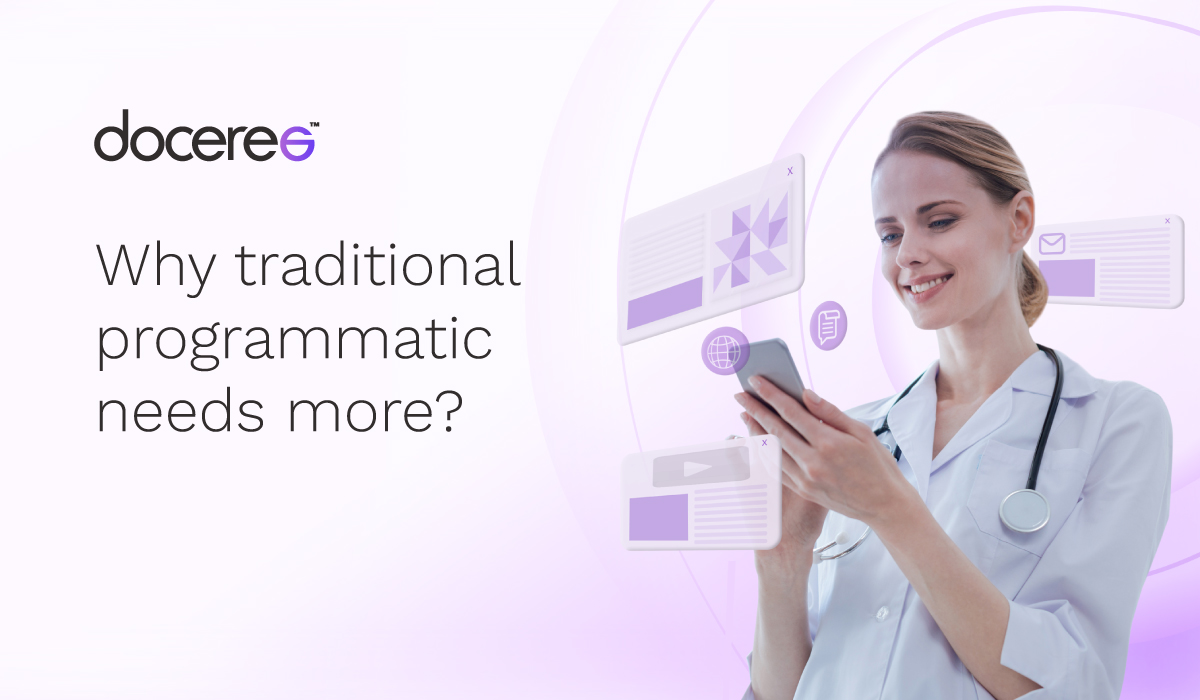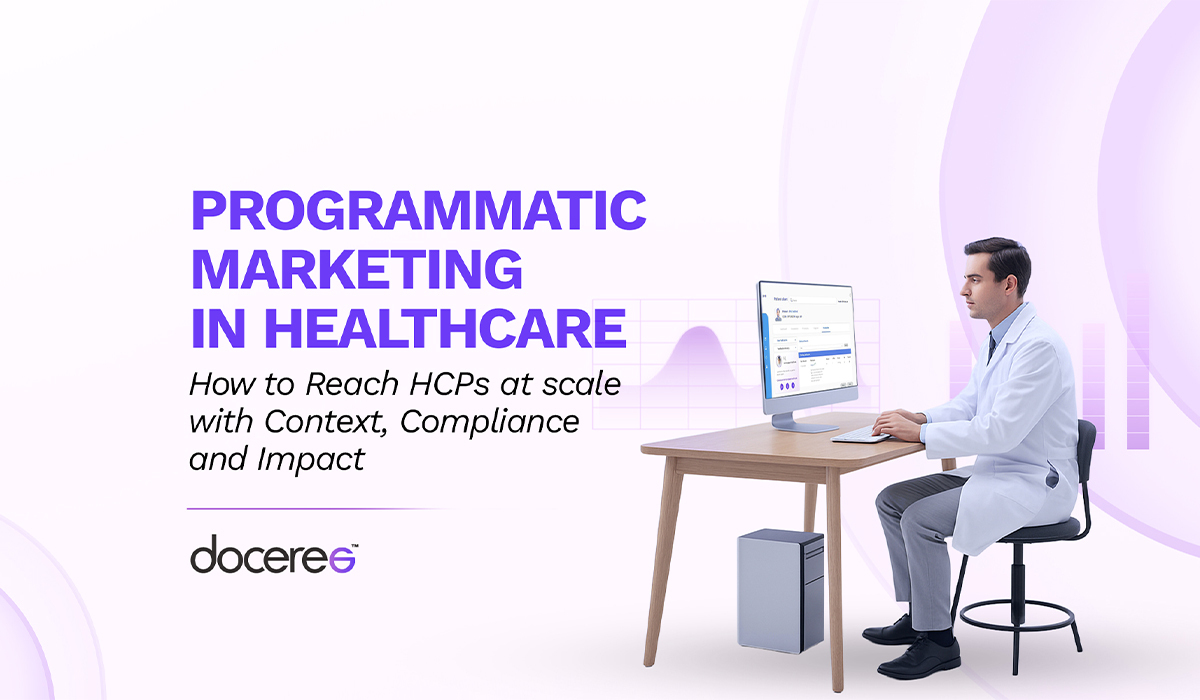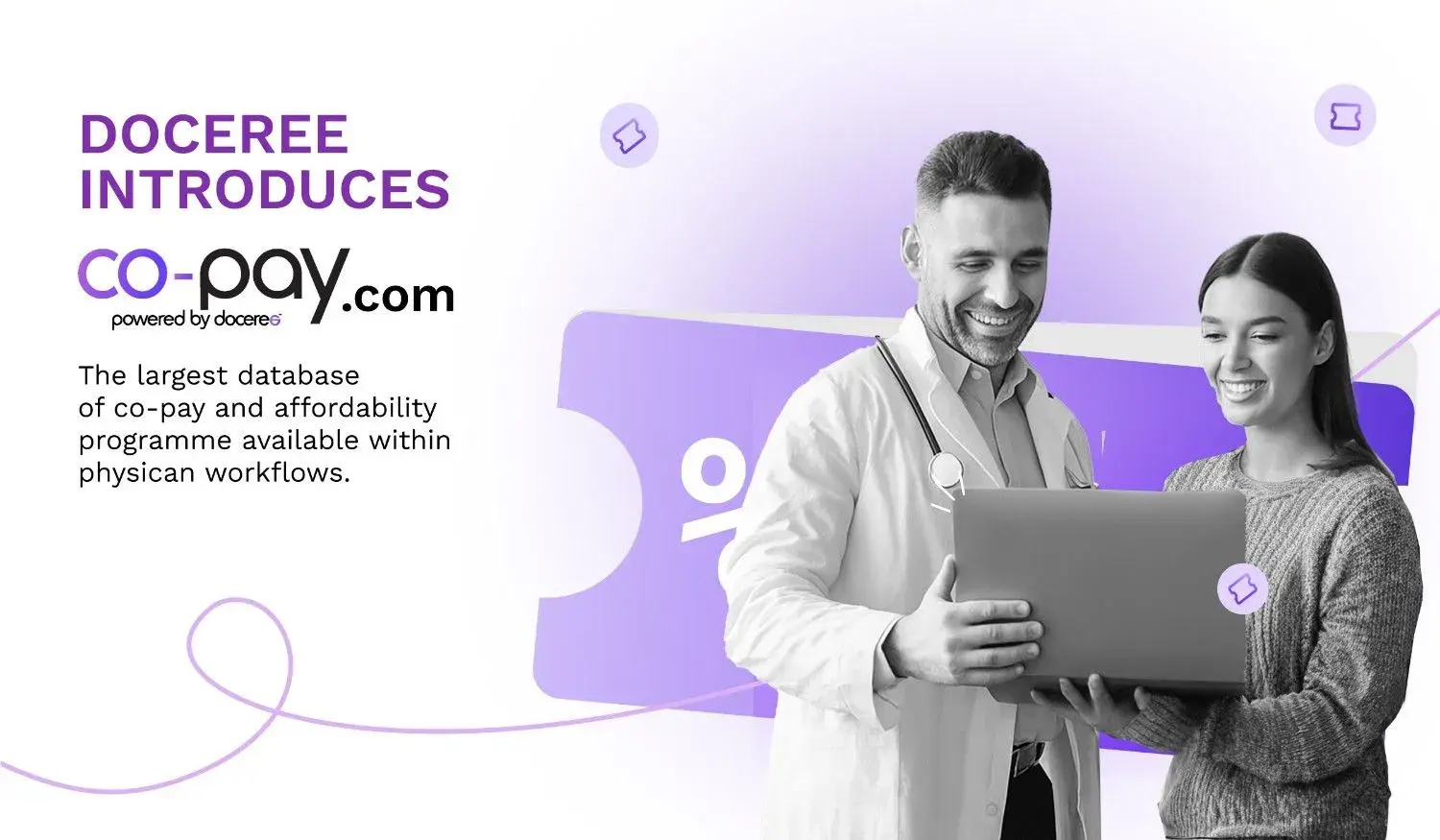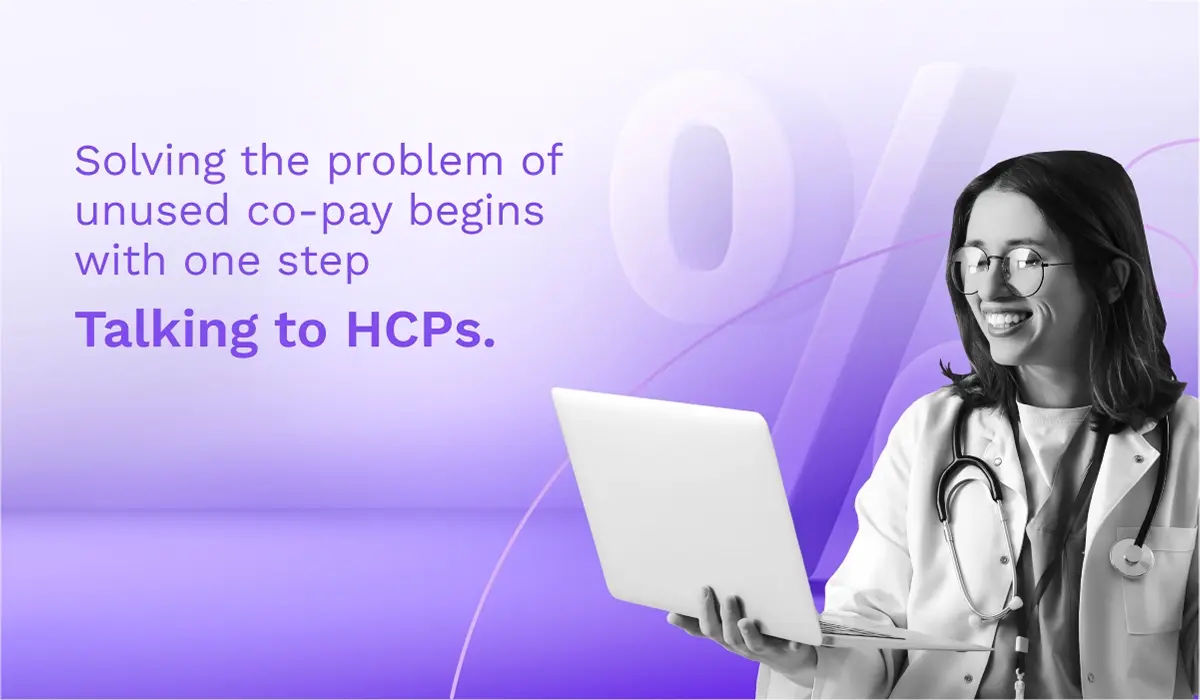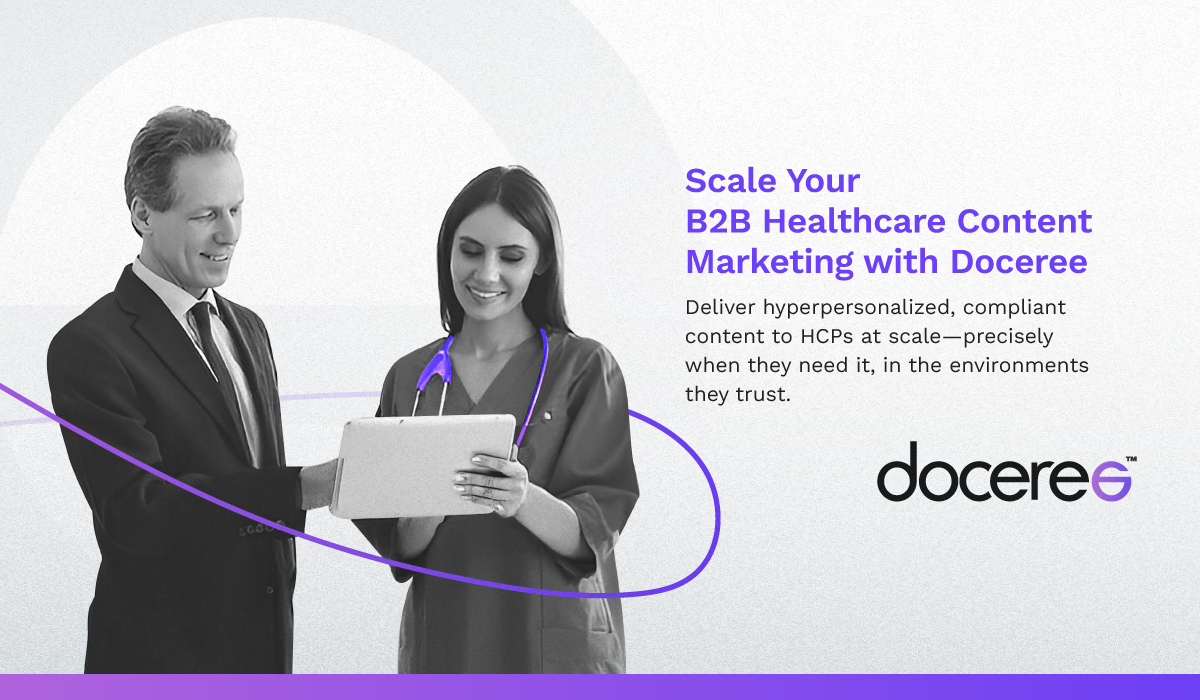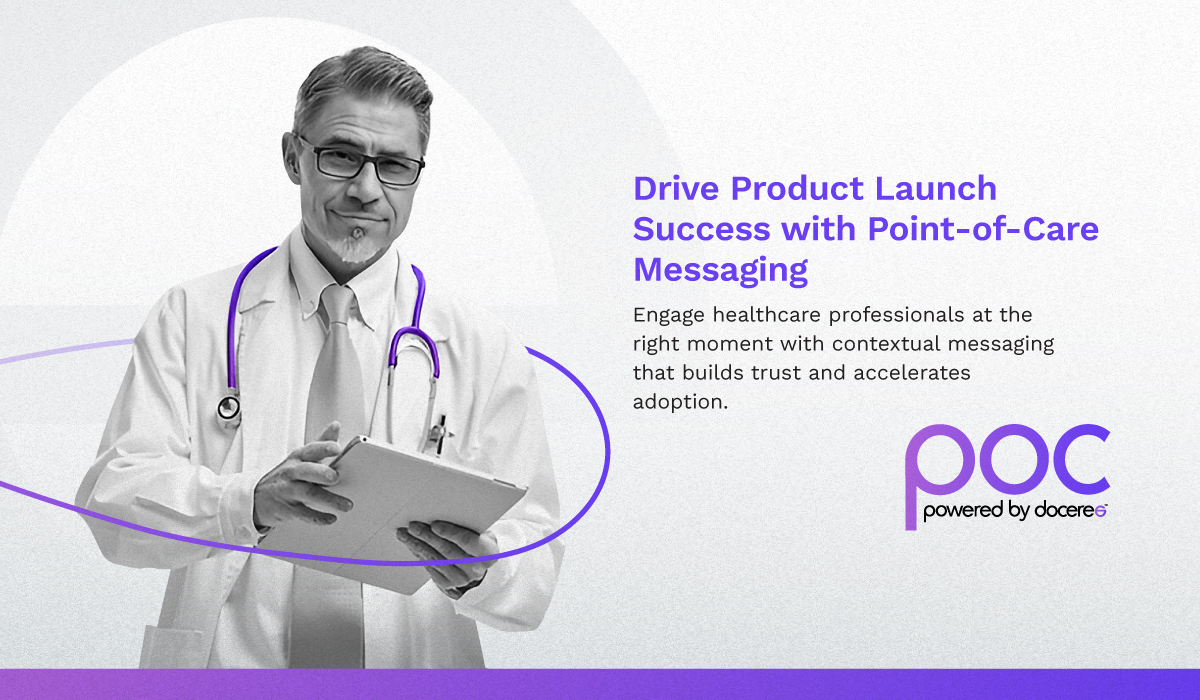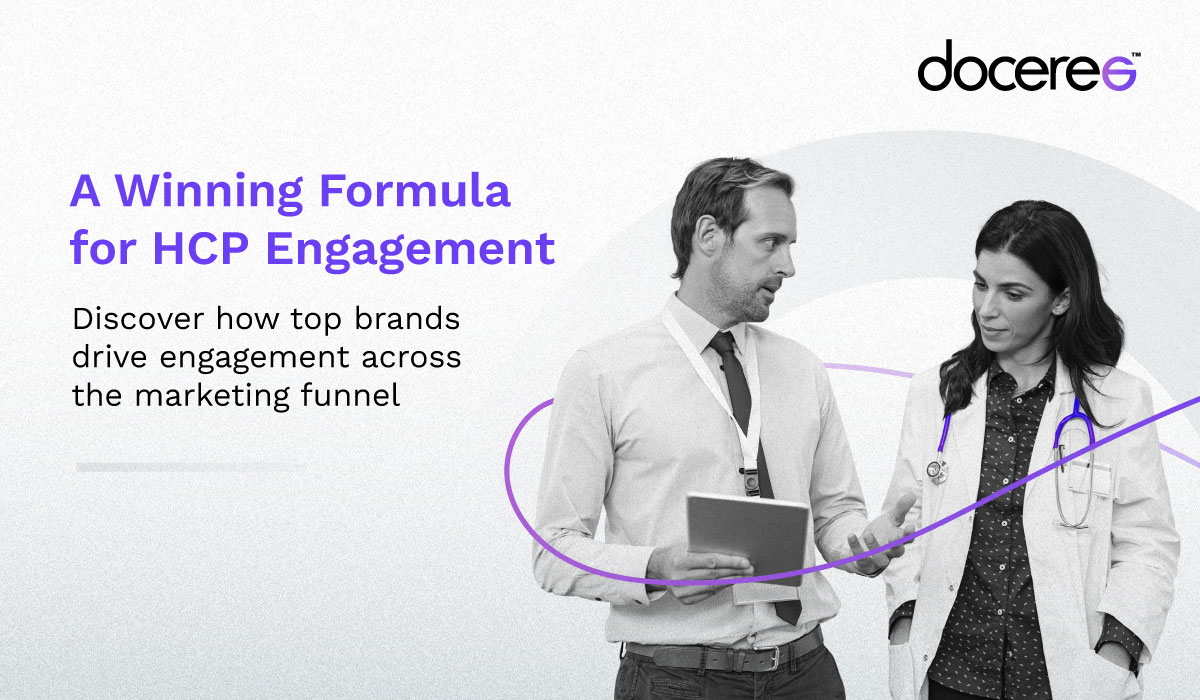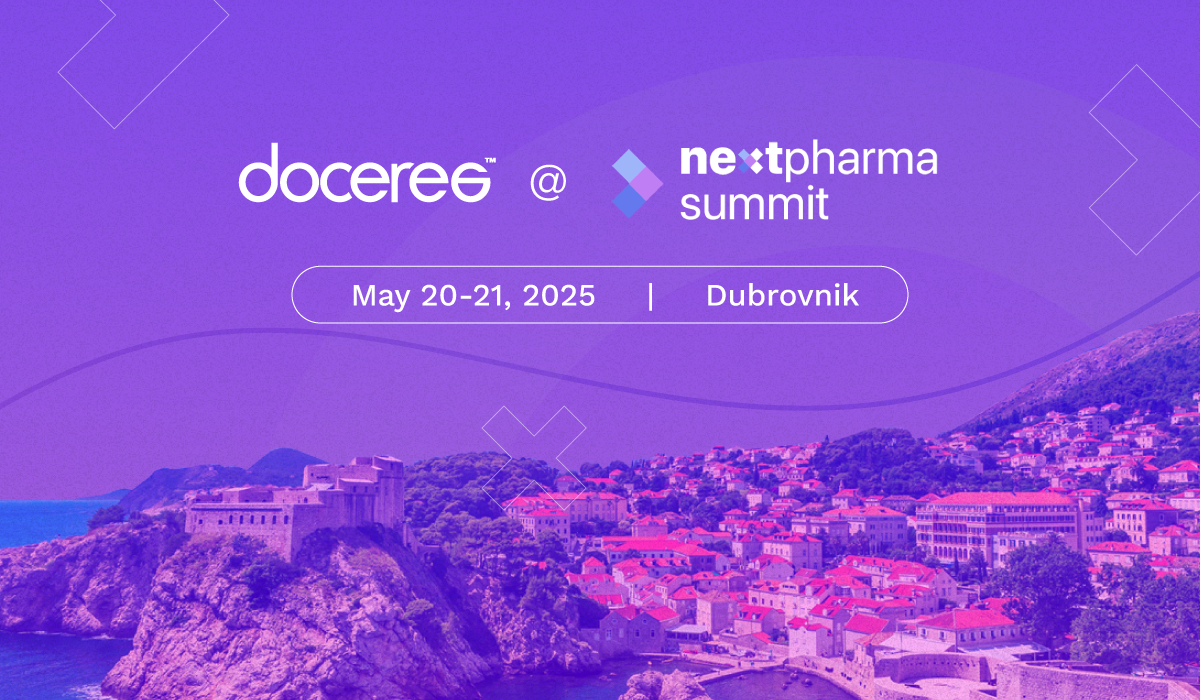Recent Articles
Aug 18, 2025 10:27:17 AM
Aug 7, 2025 2:36:07 AM
Jul 23, 2025 10:26:43 AM
Jun 26, 2025 2:02:22 AM
Jun 24, 2025 6:10:47 AM
Jun 23, 2025 4:00:00 PM
Jun 20, 2025 11:00:00 AM
Jun 5, 2025 8:59:53 AM
Doceree was thrilled to attend Next Pharma Summit 2025 – a summit that has become a cornerstone for...
May 23, 2025 9:26:42 AM
